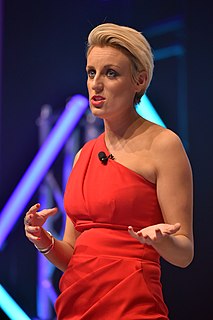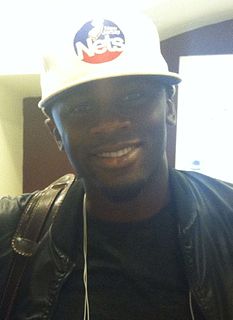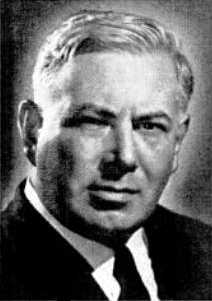A Quote by Gretchen Carlson
Nothing was ever handed to me. My hope is that when people read my story, it will inspire them to reach for their goals and not give up. The real story is this: if I can do it, you can, too.
Related Quotes
Each week I pack my bag and travel the country, I go to people who write me and tell me their problems. I appear whether at their house or at their job site or some neighborhood gathering. I come there and listen to their story and I get hands on as I say. I don t give advice, I give people hope, I build their self-esteem, I motivate 'em. I inspire them because that's what I do.
It's hard to tell if anyone's interested in reading a serialized story. But it's interesting to put in a cliffhanger each week. That was popular in old comic strips. They'd write a weekend story different from the daily strip. So people follow one story day to day, and a separate story on weekends. If you read them, you think "I'll read two more." Then you're like "I gotta find out!" And you read 500 more.
The ‘experimental’ writer, then, is simply following the story’s commands to the best of his human ability. The writer is not the story, the story is the story. See? Sometimes this is very hard to accept and sometimes too easy. On the one hand, there’s the writer who can’t face his fate: that the telling of a story has nothing at all to do with him; on the other hand, there’s the one who faces it too well: that the telling of the story has nothing at all to do with him
Kids, if anything, are harder to write for because they are a more discerning audience. They will not stay with you if you go off on a tangent or if you give them extraneous information that doesn't serve the story. You really have to tell a tight story. You have to give them humor and suspense and believable characters. All those things that adults want too, but you have to be really on your game when you're writing for kids.
































